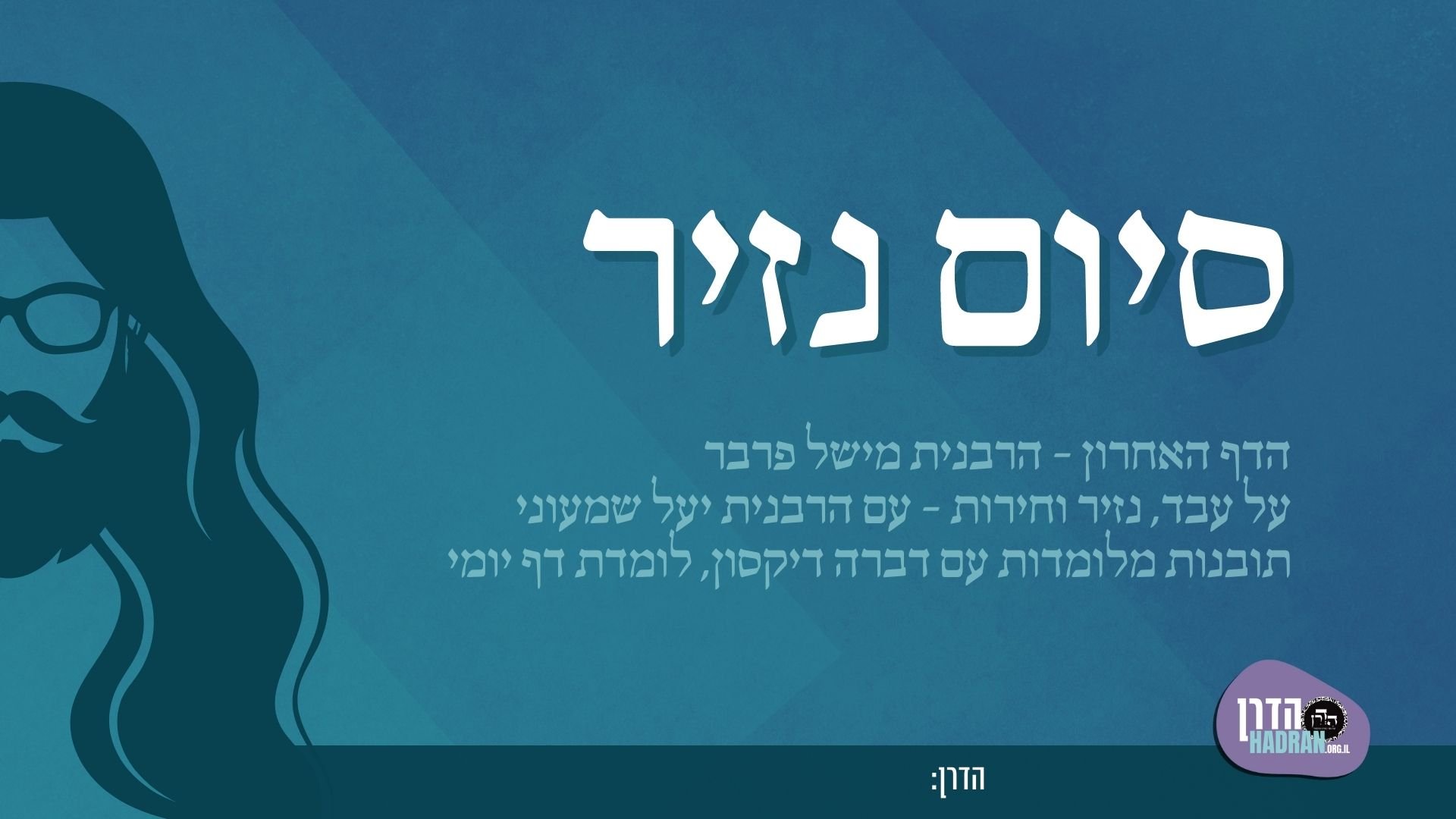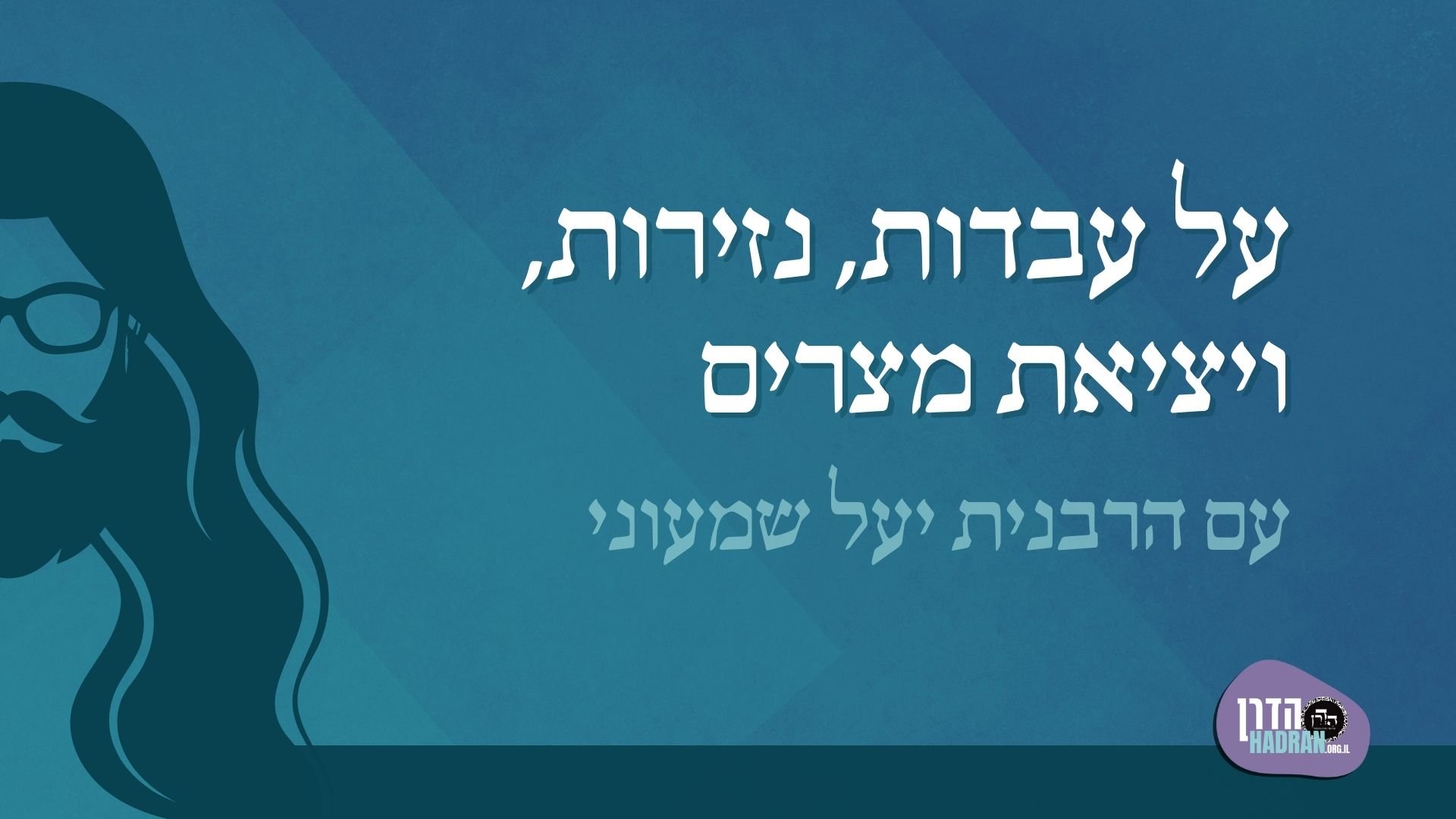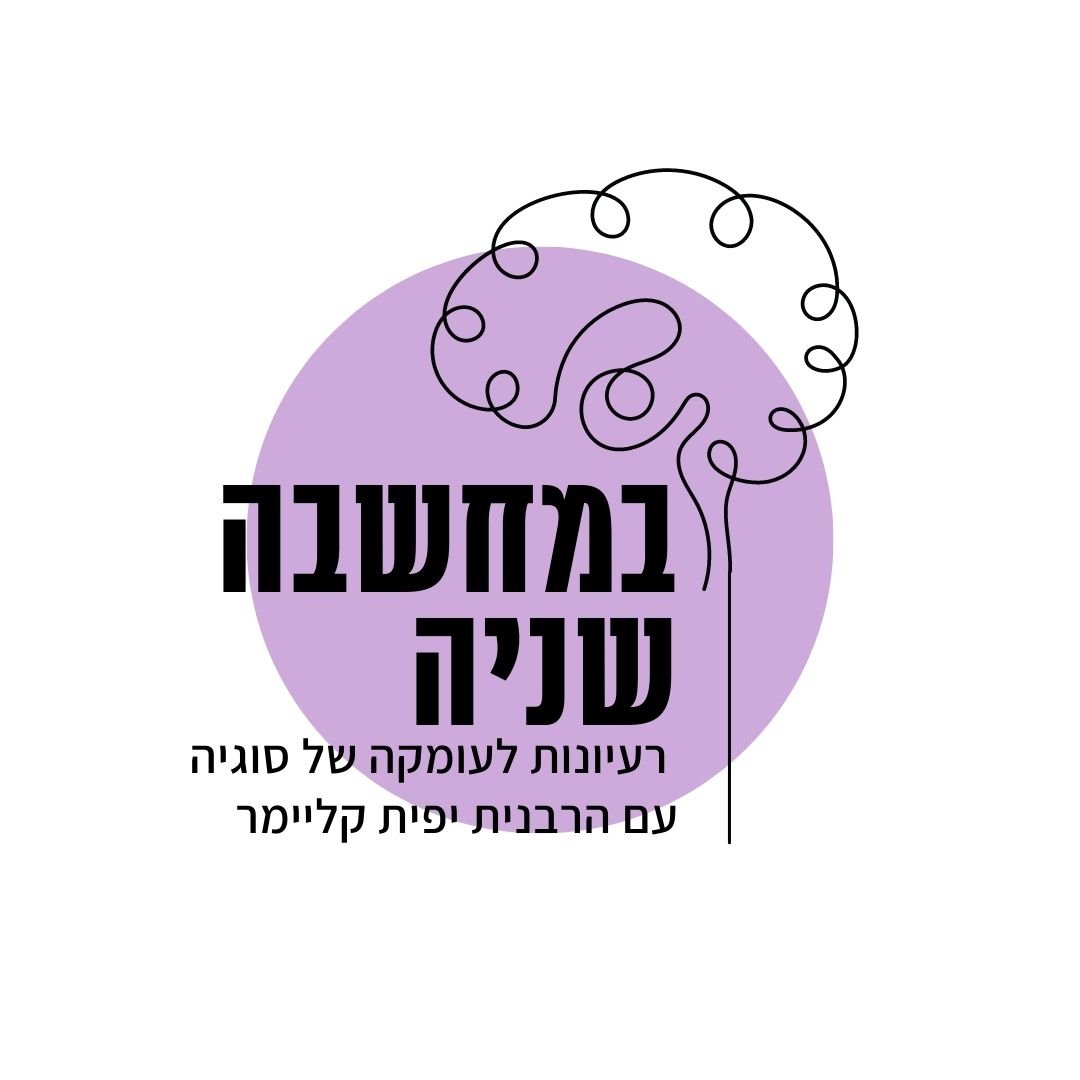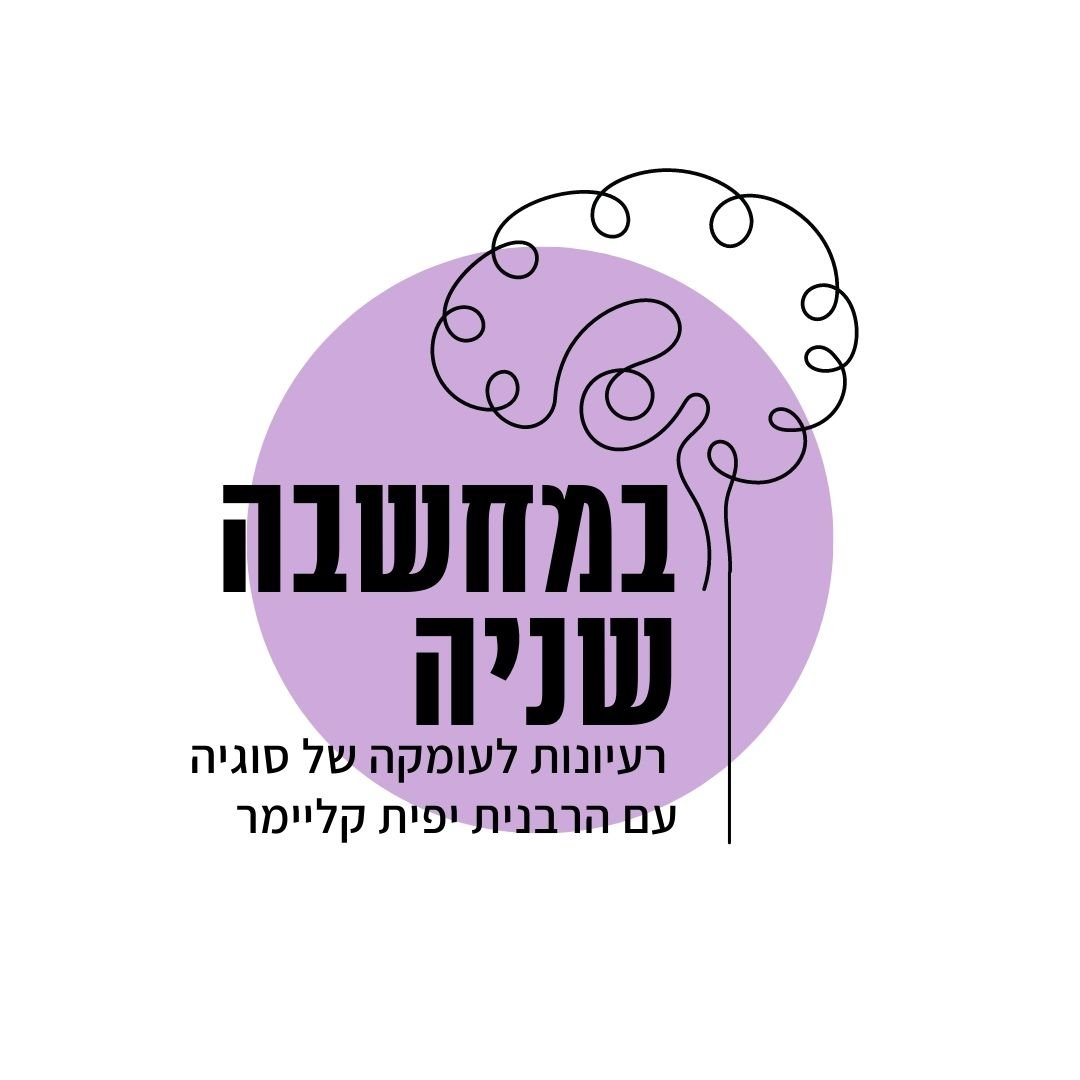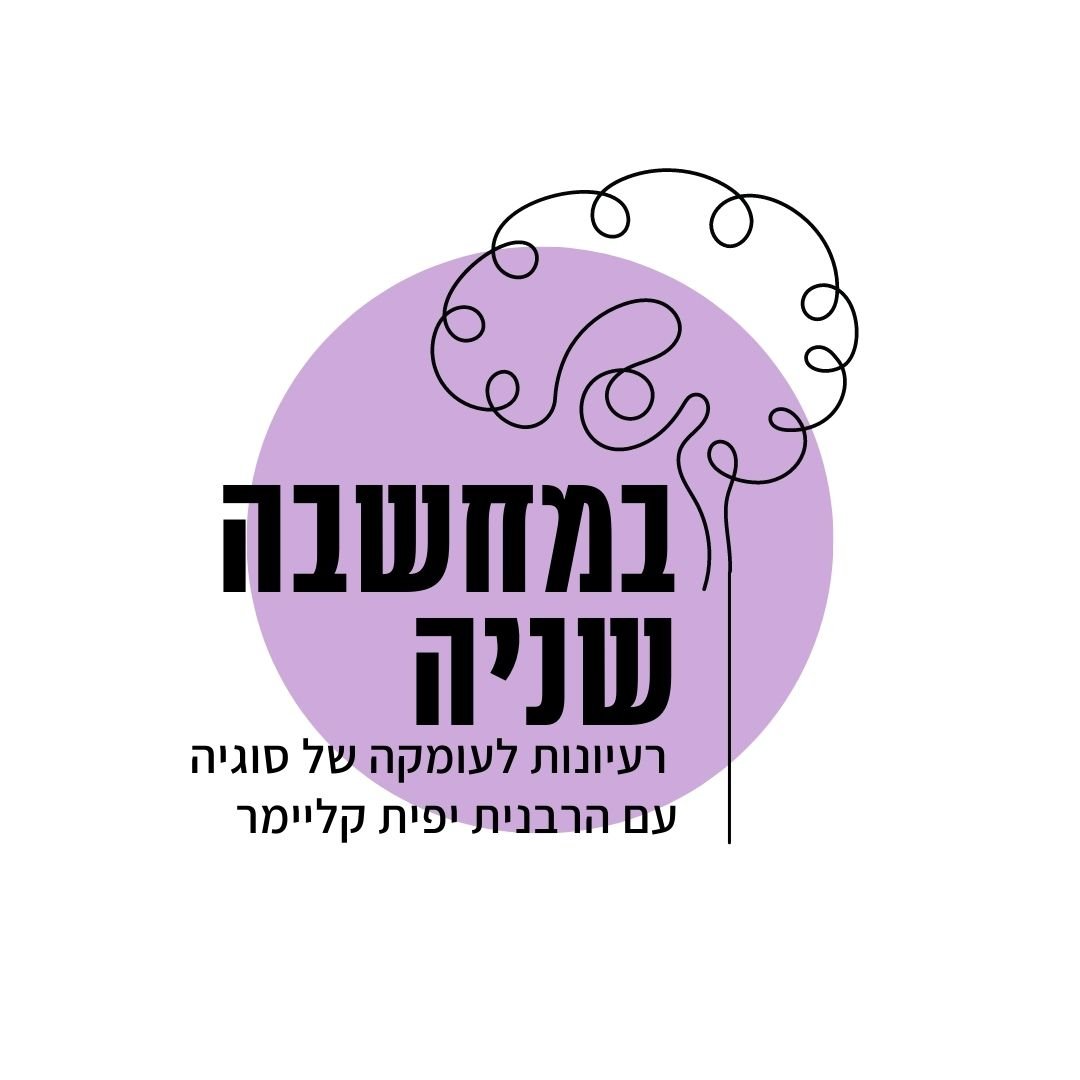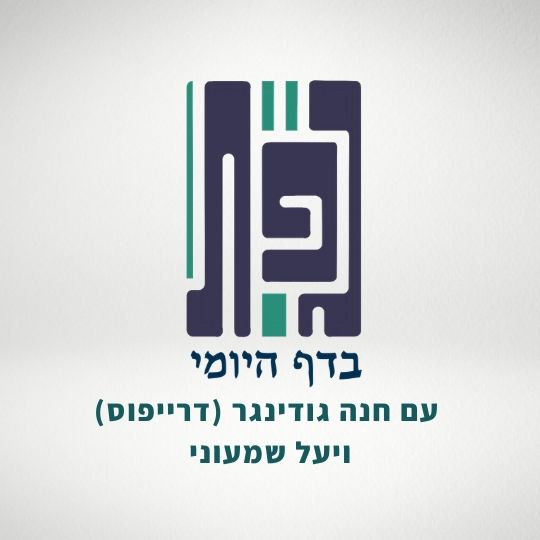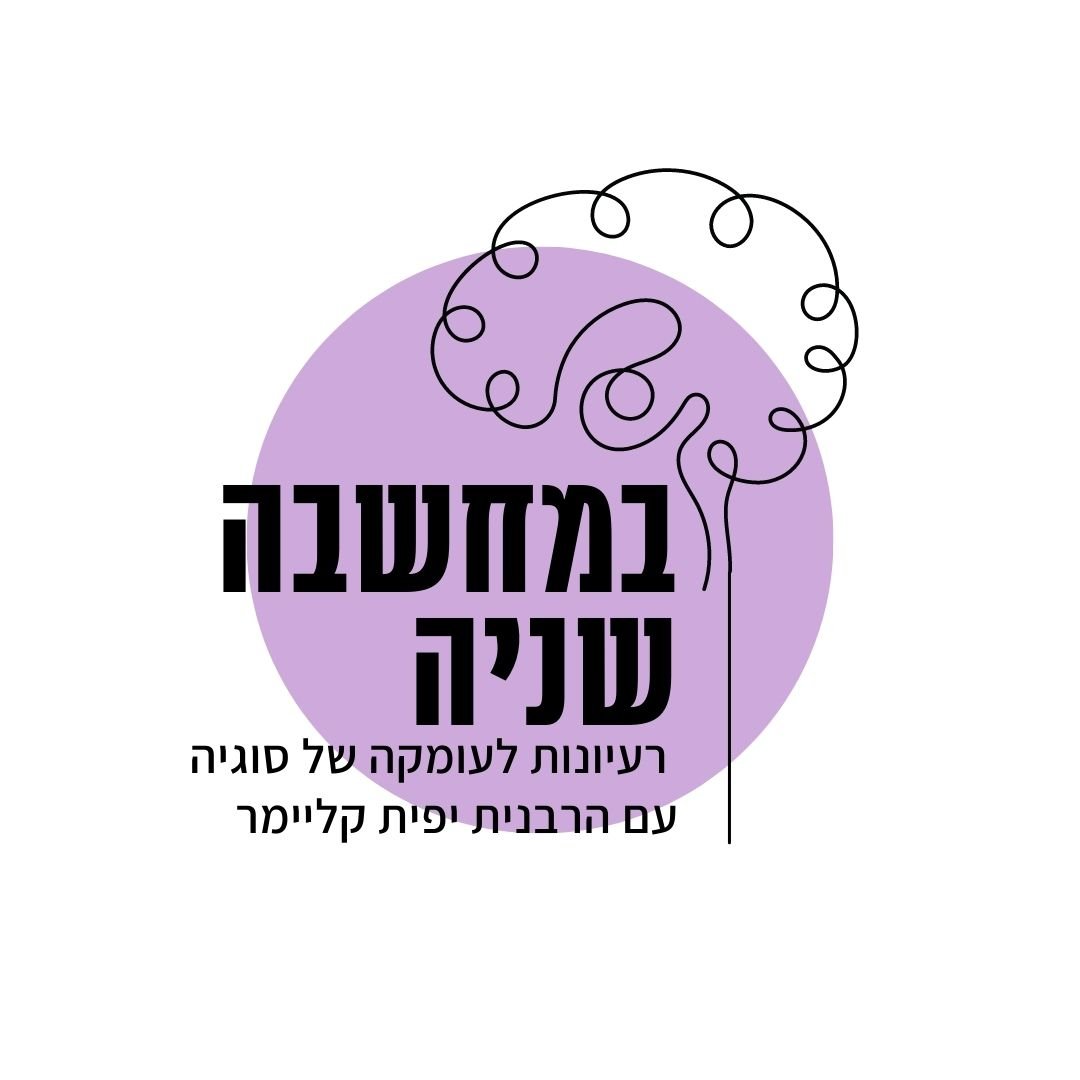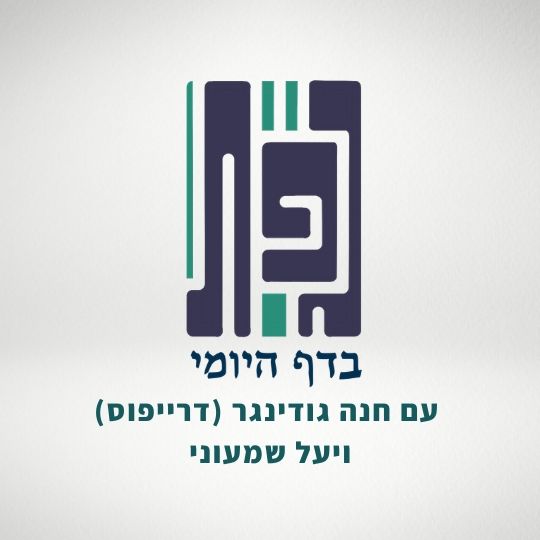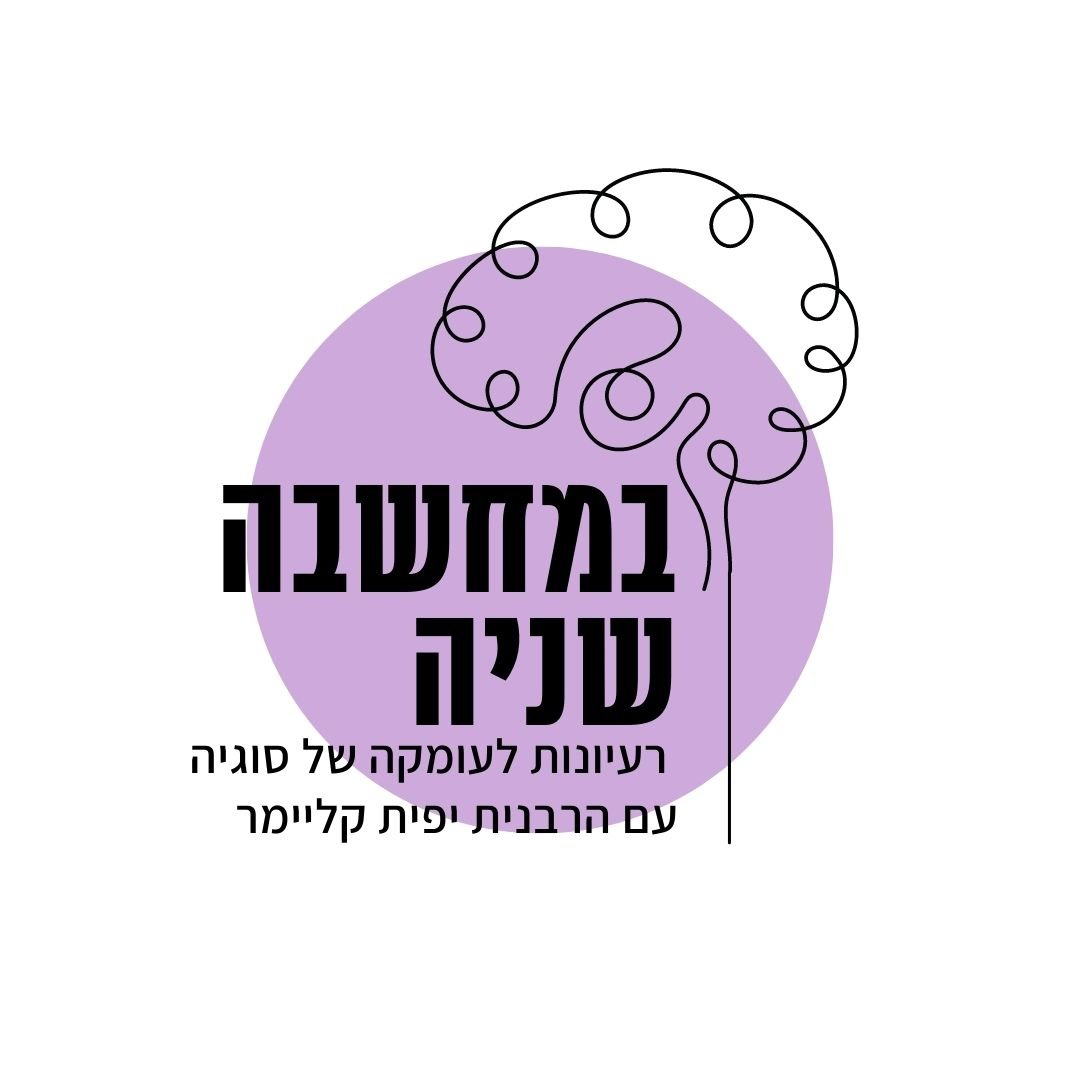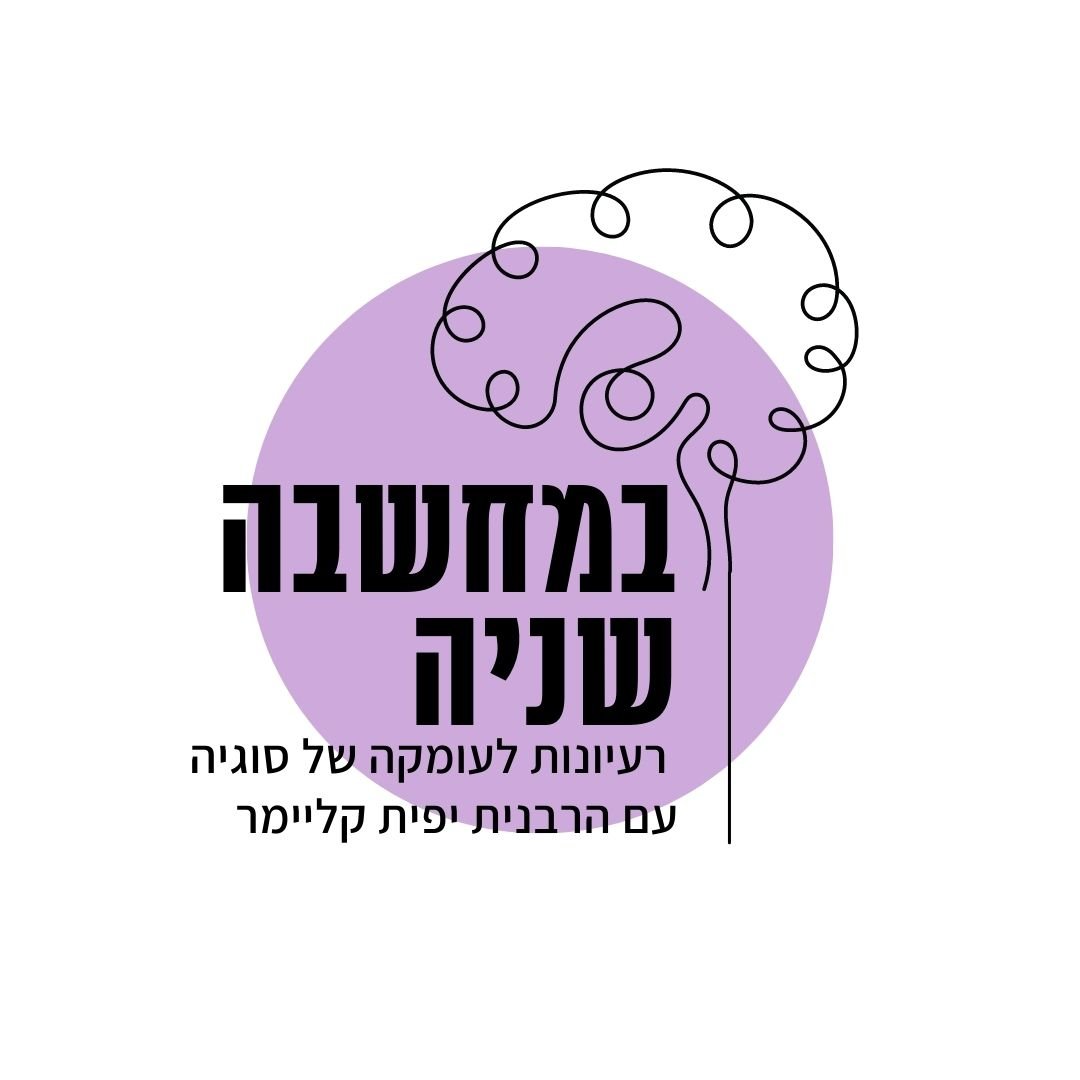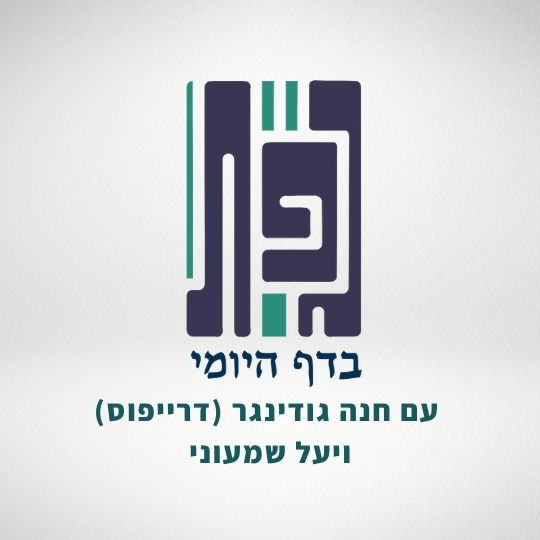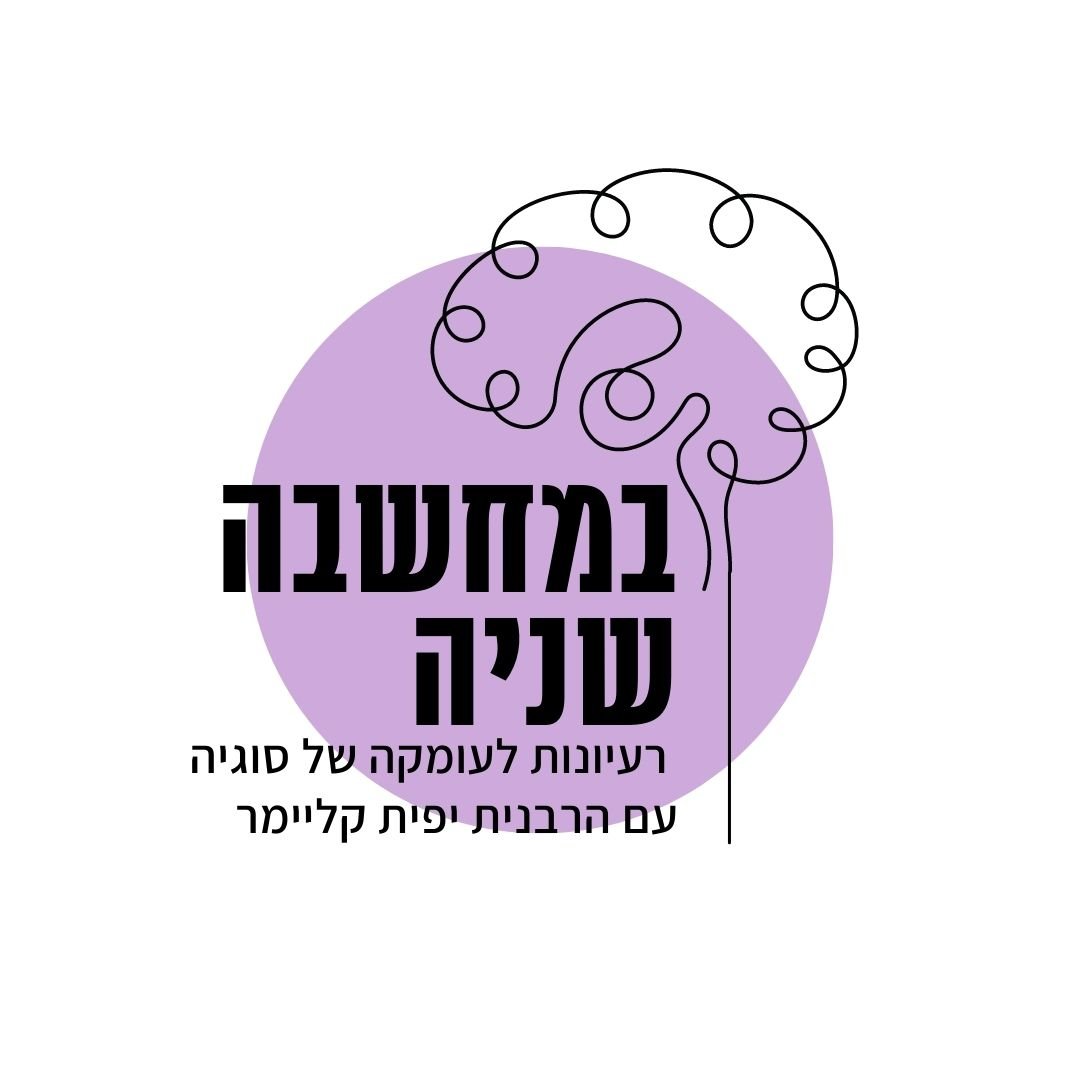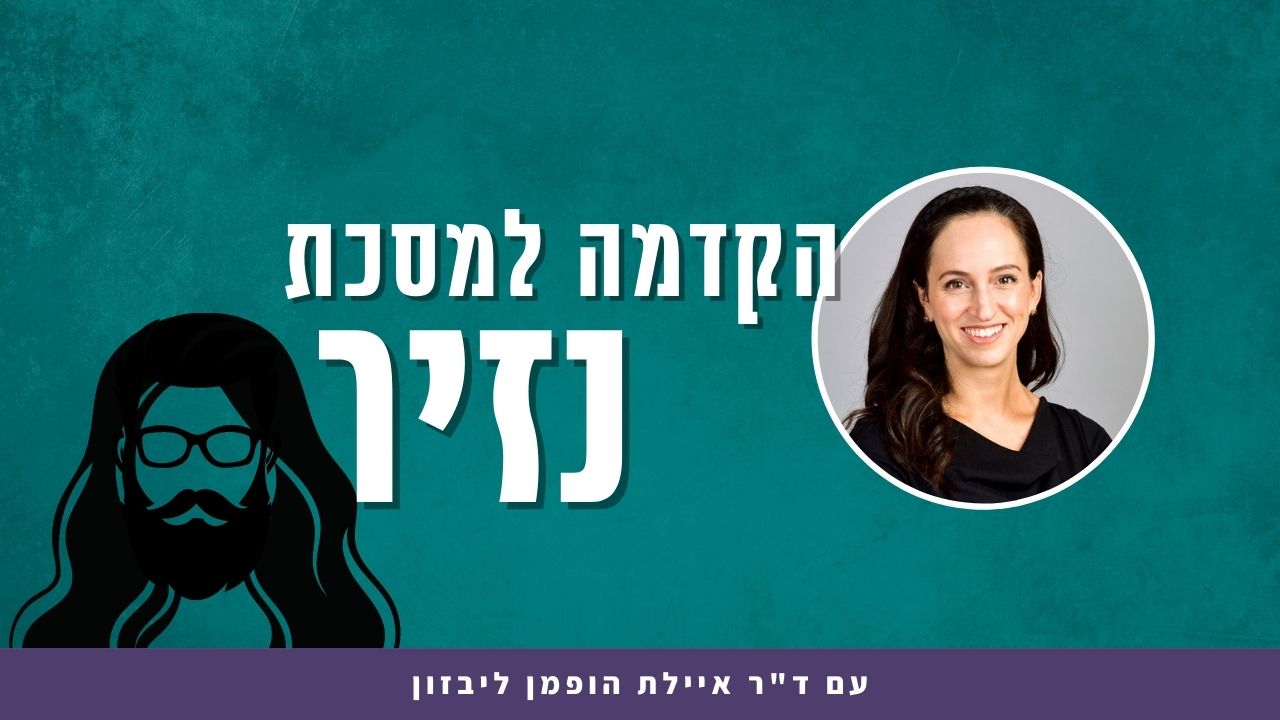נזיר לח
דְּלֵית לֵיהּ צֵירוּף, ״מִכֹּל אֲשֶׁר יֵעָשֶׂה״, מַאי דָּרֵישׁ בֵּיהּ? אָמַר לָךְ: הַהוּא מִיבְּעֵי לֵיהּ: לְעוֹלָם אֵינוֹ נָזִיר עַד שֶׁיַּזִּיר מִכּוּלָּן.
who is not of the opinion that the principle of combination is operative, as he renders one liable for consumption of forbidden substances of any amount (see Makkot 13a), what does he derive from the verse “anything that is made of the grapevine” (Numbers 6:4)? The Gemara answers: Rabbi Shimon could have said to you: That verse is necessary to teach that one is never considered a nazirite until he vows naziriteship from all of them. Rabbi Shimon maintains that if one vows to be a nazirite only with regard to one or two of the prohibitions of naziriteship, the vow does not take effect at all.
אָמַר רַבִּי אֲבָהוּ אָמַר רַבִּי אֶלְעָזָר: כׇּל רְבִיעִיּוֹת שֶׁבַּתּוֹרָה, אֵין הֶיתֵּר מִצְטָרֵף לְאִיסּוּר, חוּץ מֵרְבִיעִית שֶׁבַּנָּזִיר, שֶׁהֲרֵי אָמְרָה תּוֹרָה ״מִשְׁרַת״. מַאי אִיכָּא בֵּין רַבִּי יוֹחָנָן לְרַבִּי אֶלְעָזָר?
Rabbi Abbahu said that Rabbi Elazar said: With regard to every halakha that is in the Torah that involves a quarter-log, a permitted substance does not combine with a forbidden substance to complete this measure, apart from the quarter–log of a nazirite. In the case of a nazirite, permitted liquid combines with wine to render him liable, as the Torah stated: “Soaked” (Numbers 6:3). The Gemara asks: What difference is there between the opinion of Rabbi Yoḥanan, who stated (35b) that a permitted substance does not combine with a forbidden one with regard to any prohibition of the Torah apart from that of a nazirite, and that of Rabbi Elazar, who apparently says the same thing in different terms?
אִיכָּא בֵּינַיְיהוּ, דְּרַבִּי יוֹחָנָן מֵרַבִּי אֲפִילּוּ אוֹכָלִין, וְרַבִּי אֶלְעָזָר, מַשְׁקִין — אִין, מִידֵּי אַחֲרִינָא — לָא.
The Gemara answers: There is a difference between them, as Rabbi Yoḥanan amplifies the halakha to include even foods, i.e., he renders a nazirite liable for eating an olive-bulk of bread and grapes combined, and Rabbi Elazar maintains that with regard to liquids, yes, the permitted combines with the forbidden, but for other matters, i.e., solids, no, the different foods do not combine.
אָמַר רַבִּי אֶלְעָזָר: עֶשֶׂר רְבִיעִיּוֹת הֵן, וְנָקֵיט רַב כָּהֲנָא בִּידֵיהּ חֲמֵשׁ סוּמָּקָתָא וַחֲמֵשׁ חִיוּוֹרָתָא. חֲמֵשׁ סוּמָּקָתָא: ״נָזִיר וְעוֹשֵׂה פֶסַח שֶׁהוֹרוּ בַּמִּקְדָּשׁ וָמֵתוּ״.
§ Apropos a quarter-log, the Gemara cites a statement that Rabbi Elazar says: There are ten applications of the quarter–log measurement in various areas of halakha, and Rav Kahana held in his hand the following mnemonic for them: Five are red and five are white. The Gemara elaborates: The five red ones of wine and blood are listed in the following mnemonic: A nazirite; and one who performs the ritual of the Paschal offering; who instructed; in the Temple; and they died.
״נָזִיר״ — רְבִיעִית יַיִן לְנָזִיר. ״עוֹשֵׂה פֶסַח״ — דְּאָמַר רַב יְהוּדָה אָמַר שְׁמוּאֵל: אַרְבַּע כּוֹסוֹת הַלָּלוּ צָרִיךְ שֶׁיְּהֵא בָּהֶן כְּדֵי רְבִיעִית. ״שֶׁהוֹרוּ״ — שָׁתָה רְבִיעִית יַיִן אַל יוֹרֶה. ״בַּמִּקְדָּשׁ״ — שָׁתָה רְבִיעִית יַיִן וְנִכְנַס לַמִּקְדָּשׁ חַיָּיב מִיתָה.
The Gemara explains this mnemonic: A nazirite, this is referring to the quarter–log of wine for which a nazirite is liable for drinking. Who performs the ritual of the Paschal offering, this is as Rav Yehuda says that Shmuel says: It is a mitzva to drink these four cups at the Passover seder and they must each contain the amount of a quarter–log. Who instructed, this is referring to the following halakha: One who drank a quarter–log of wine may not issue rulings to others in matters of halakha, lest he err. In the Temple, this is referring to the halakha that one who drank a quarter–log of wine and entered the Temple is liable to receive the death penalty (see Leviticus 10:9).
״וּמֵתוּ״ — דְּתַנְיָא: מִנַּיִן לִרְבִיעִית דָּם שֶׁיּוֹצְאָה מִשְּׁנֵי מֵתִים שֶׁהִיא מְטַמְּאָה בְּאֹהֶל, שֶׁנֶּאֱמַר: ״וְעַל כׇּל נַפְשׁוֹת מֵת לֹא יָבֹא״.
And they died, this is as it is taught in a mishna (Oholot 2:10): From where is it derived with regard to a quarter–log of blood that emerges from two corpses, that it renders people and objects ritually impure in a tent, i.e., a house, meaning that one who enters that house contracts ritual impurity imparted by a corpse? As it is stated, with regard to the prohibition against ritual impurity for priests: “Neither shall he go in to any dead bodies” (Leviticus 21:11). The plural form indicates that the blood of two people joins together to form the minimum amount of a quarter-log for ritual impurity in a tent.
וַחֲמֵשׁ חִיוּוֹרָתָא: ״חַלַּת נָזִיר וּמְצוֹרָע שֶׁנִּפְסְלוּ בְּשַׁבָּת״. ״חַלַּת״ — רְבִיעִית שֶׁמֶן לְחַלָּה. ״נָזִיר״ — רְבִיעִית שֶׁמֶן לְנָזִיר. מְצוֹרָע — רְבִיעִית מַיִם לִמְצוֹרָע. ״שֶׁנִּפְסְלוּ״ — דִּתְנַן: וּשְׁאָר כׇּל הַמַּשְׁקִין טְמֵאִין פּוֹסְלִין אֶת הַגְּוִיָּיה בִּרְבִיעִית.
And the five white cases of oil and water are listed in this mnemonic: The loaf of, a nazirite, and a leper, which were disqualified, on Shabbat. The Gemara elaborates: The loaf of, this is referring to the quarter–log of oil added to the loaves of a thanks-offering. A nazirite, this is referring to the quarter–log of oil for the wafers of a nazirite, which were brought with his offering. A leper, this is referring to the quarter–log of spring water into which a bird is slaughtered for the ritual purification of a leper (see Leviticus 14:5).Which were disqualified, this is as we learned in a mishna (Me’ila 17b): And all other ritually impure liquids disqualify the body to the extent that one who drinks them may not eat teruma, if one drank the amount of one quarter–log.
״בְּשַׁבָּת״ — דִּתְנַן: וּשְׁאָר כׇּל הַמַּשְׁקִין — בִּרְבִיעִית, וּשְׁאָר כׇּל הַשּׁוֹפְכִים — בִּרְבִיעִית.
On Shabbat, this is as we learned in a mishna which lists the minimum amounts of various liquids for which one is liable for violating the halakhot of Shabbat for carrying them from one domain to another. At the conclusion of this list, the mishna states (Shabbat 76b): And the measure that creates liability for carrying all other liquids, those not specified in the list, is a quarter–log, and the measure for carrying all waste water is likewise a quarter–log. This completes the list of ten halakhot that feature the quarter-log.
וְתוּ לֵיכָּא? וְהָאִיכָּא: מֵרְבִיעִית נוֹטְלִין לַיָּדַיִם לְאֶחָד וַאֲפִילּוּ לִשְׁנַיִם. בִּפְלוּגְתָּא לָא קָא מַיְירֵי.
The Gemara asks: And are there no more than ten? But there is also the following mishna (Yadayim 1:1): With a quarter–log of water one can wash the hands of one person before eating bread, and this amount can be used even for two people, if they do so in the correct manner. The Gemara answers: Rabbi Elazar, who listed ten cases, does not deal with halakhot that are subject to a dispute, and some Sages disagree with the ruling that two people can wash their hands with a single quarter-log.
וְהָא אִיכָּא: הָיָה מֵבִיא פְּיָילֵי שֶׁל חֶרֶס וְנוֹתֵן לְתוֹכָהּ חֲצִי לוֹג מַיִם מִן הַכִּיּוֹר, וְרַבִּי יְהוּדָה אוֹמֵר: רְבִיעִית. בִּפְלוּגְתָּא לָא קָא מַיְירֵי.
The Gemara further asks: But there is this halakha concerning a sota (Sota 15b): The priest who dealt with a sota would bring an earthenware vessel [pailei] and place in it a half–log of water from the basin in the Temple, and Rabbi Yehuda says it was a quarter–log. This is another case involving a quarter-log. The Gemara answers as before, that Rabbi Elazar does not deal with halakhot that are subject to a dispute, and this quarter-log applies only according to the opinion of Rabbi Yehuda.
וְהָאִיכָּא: כַּמָּה מַיִם נוֹתֵן לְתוֹכָהּ — כׇּל שֶׁהוּא, רַבִּי זַכַּאי אוֹמֵר: רְבִיעִית! בִּפְלוּגְתָּא לָא קָא מַיְירֵי. וְהָאִיכָּא מִקְוֶה! בַּר מֵהַהִיא, דְּבַטְּלוּהָ רַבָּנַן.
The Gemara continues to ask. But there is the following halakha: How much water must one place in a vessel that contains urine, before he can pray nearby? Any quantity is sufficient. Rabbi Zakkai said: A quarter–log. The Gemara again answers that Rabbi Elazar does not deal with halakhot that are subject to a dispute. The Gemara suggests another example: But there is the case of a ritual bath, as it is taught that one may immerse extremely small vessels in a quarter-log of rainwater in the ground. The Gemara answers: His list excludes that case, as the Sages annulled that halakha by ruling that one must use a standard ritual bath of forty se’a even for extremely small vessels.
וְאֵינוֹ חַיָּיב אֶלָּא עַד שֶׁיֹּאכַל מִן הָעֲנָבִים כְּזַיִת וְכוּ׳. תַּנָּא קַמָּא לָא מְדַמֵּי לְהוֹן לְכׇל אִיסּוּרֵי נָזִיר לִשְׁתִיָּה, וְרַבִּי עֲקִיבָא, כֵּיוָן דִּכְתִיב ״וַעֲנָבִים לַחִים וִיבֵשִׁים לֹא יֹאכֵל״, מָה אֲכִילָה כְּזַיִת — אַף כֹּל אִיסּוּרִין כְּזַיִת.
§ The mishna taught: And he is liable to receive lashes only if he eats an olive-bulk of the grapes. The mishna continues by noting that with regard to drinking, the first tanna holds that a nazirite is liable for a quarter-log, whereas Rabbi Akiva maintains that the amount of an olive-bulk applies to liquids as well. The Gemara explains this dispute: The first tanna does not liken all the other prohibitions of a nazirite to the prohibition of drinking wine, and therefore the measurements for eating and drinking are the same as for prohibitions in other contexts: An olive-bulk of food and a quarter-log of drink. And Rabbi Akiva maintains that since it is written: “Nor eat fresh grapes or dried” (Numbers 6:3), this verse teaches that just as eating is measured by the amount of an olive-bulk, so too, all the prohibitions of a nazirite are measured by an olive-bulk.
[וְחַיָּיב עַל הַיַּיִן בִּפְנֵי עַצְמוֹ כּוּ׳.] תָּנוּ רַבָּנַן: ״וַעֲנָבִים לַחִים וִיבֵשִׁים לֹא יֹאכֵל״, לְחַיֵּיב עַל זֶה בִּפְנֵי עַצְמוֹ וְעַל זֶה בִּפְנֵי עַצְמוֹ. מִכָּאן אַתָּה דָּן לְכׇל אִיסּוּרִין שֶׁבַּתּוֹרָה: מָה כָּאן שֶׁהוּא מִין אֶחָד, וְהֵן שְׁנֵי שֵׁמוֹת, וְחַיָּיב עַל זֶה בִּפְנֵי עַצְמוֹ וְעַל זֶה בִּפְנֵי עַצְמוֹ; אַף כֹּל שֶׁהוּא מִין אֶחָד, וְהֵן שְׁנֵי שֵׁמוֹת — חַיָּיב עַל זֶה בִּפְנֵי עַצְמוֹ וְעַל זֶה בִּפְנֵי עַצְמוֹ.
§ The mishna further taught: And he is liable for consuming wine by itself, and for grapes by themselves, and for grape seeds by themselves, and for grape skins by themselves. The Sages taught: The verse: “Nor eat fresh grapes or dried” (Numbers 6:3), serves to render him liable for this by itself and for that by itself, i.e., that he need not consume all of the grape products listed in the verses. From here you derive the halakha with regard to all prohibitions of the Torah: Just as here there is one type of food, grapes, which are called by two names, fresh or dried, and he is liable for this by itself and for that by itself, so too, in all cases where there is one type and they are called by two names, one is liable for this by itself and for that by itself.
לְאֵיתוֹיֵי חַמְרָא חַדְתָּא וְעִינְבֵי.
The Gemara adds that in the case of a nazirite this principle serves to include new wine, i.e., grape juice, and grapes. Although these are apparently a single type, as the juice, before fermenting, is merely grapes in liquid form, nevertheless one is liable for grape juice and grapes separately, as they have different names.
אָמַר אַבָּיֵי: אָכַל חַרְצָן — לוֹקֶה שְׁתַּיִם. אָכַל זָג — לוֹקֶה שְׁתַּיִם. אָכַל חַרְצָן וְזָג — לוֹקֶה שָׁלֹשׁ. רָבָא אָמַר: אֵינוֹ לוֹקֶה אֶלָּא אַחַת, שֶׁאֵינוֹ לוֹקֶה אַלָּאו שֶׁבִּכְלָלוֹת.
§ Abaye says: A nazirite who ate a grape seed is flogged twice, i.e., two sets of thirty-nine lashes, one set for the specific prohibition stated with regard to grape seeds, and the other for the general prohibition “anything that is made of the grapevine” (Numbers 6:4). Likewise, if he ate a grape skin he is flogged twice. If he ate a grape seed and a grape skin he is flogged three times, for the seed, for the skin, and for the prohibition “anything that is made of the grapevine.” Rava says: He is flogged only once if he ate a seed or a skin. He is not flogged for “anything that is made of the grapevine,” because one is not flogged for violating a general prohibition. One is not liable to receive lashes for violation of a single prohibition that includes many items or cases.
מֵתִיב רַב פָּפָּא, רַבִּי אֱלִיעֶזֶר אוֹמֵר: נָזִיר שֶׁהָיָה שׁוֹתֶה יַיִן כׇּל הַיּוֹם אֵינוֹ חַיָּיב אֶלָּא אַחַת. אָמְרוּ לוֹ: ״אַל תִּשְׁתֶּה״ ״אַל תִּשְׁתֶּה״, וְהוּא שׁוֹתֶה — חַיָּיב עַל כׇּל אַחַת וְאַחַת. אָכַל עֲנָבִים לַחִים וִיבֵשִׁים, חַרְצַנִּים וְזַגִּים, וְסָחַט אֶשְׁכּוֹל שֶׁל עֲנָבִים וְשָׁתָה — לוֹקֶה חָמֵשׁ. אִי הָכִי — לִילְקֵי שֵׁשׁ, אַחַת עַל ״מִכׇּל אֲשֶׁר יַעֲשֶׂה״.
Rav Pappa raised an objection to Abaye’s statement. Rabbi Eliezer says: A nazirite who was drinking wine all day is liable to receive only one set of lashes. If two witnesses said to him in warning: Do not drink, do not drink, and he continued drinking, he is liable for each and every one of the warnings that was followed by an act of drinking. If he ate grapes and raisins, grape seeds and grape skins, and squeezed a cluster of grapes and drank the juice, he is flogged five times. The difficulty for Abaye is as follows: If so, that Abaye’s opinion is accepted, let him be flogged six times, to include one more for transgressing the verse “anything that is made of the grapevine” (Numbers 6:4).
תְּנָא וְשַׁיַּיר. מַאי שַׁיֵּיר דְּהַאי שַׁיַּיר? שַׁיַּיר ״לֹא יַחֵל דְּבָרוֹ״.
Abaye responded: Rabbi Eliezer taught certain prohibitions and omitted others. He did not include all the prohibitions for which one is liable to be flogged. The Gemara asks: What else did he omit that he omitted this? He would not have listed all relevant prohibitions less one. The Gemara answers: He also omitted the additional prohibition of “He shall not profane his word” (Numbers 30:3), as the nazirite profaned his word by violating his vow of naziriteship.
אִי מִשּׁוּם הַאי — לָאו שִׁיּוּרָא הוּא, כִּי קָתָנֵי מִידֵּי דְּלָא אִיתֵיהּ בְּדוּכְתָּא אַחֲרִיתִי, ״לֹא יַחֵל דְּבָרוֹ״ אִיתֵיהּ בִּנְדָרִים.
The Gemara retorts: If it is due to that verse, this is not an omission, as when Rabbi Eliezer teaches and lists the lashes which a nazirite is liable to receive, he includes only matters that are not found elsewhere, i.e., he mentions only prohibitions that apply exclusively to a nazirite. The prohibition “He shall not profane his word” is relevant to vows in general, and therefore he omitted it. Consequently, Rabbi Eliezer should have mentioned the prohibition “anything that is made of the grapevine,” and the fact that he did not do so presents a difficulty for the opinion of Abaye.
אֲמַר לֵיהּ רָבִינָא מִפַּרְזִקְיָא לְרַב אָשֵׁי: וְהָא שַׁיַּיר דְּבֵין הַבֵּינַיִים. אֶלָּא אָמַר רַב פָּפָּא: לָא תַּנְיָא מִידֵּי חָמֵשׁ. וְהָא
Ravina from Parzakya said to Rav Ashi: But he omitted the case of in between. Rabbi Eliezer could have added that a nazirite is liable not only for the seed and skin of a grape but also for the substances in between them, as the verse: “From pits to grape skin” (Numbers 6:4), comes to include all that is in between the two (see 34b). Rather, Rav Pappa said: Actually, Rabbi Eliezer did not teach anything about five sets of lashes, but merely stated that he is flogged for all those actions, without enumerating the precise number. Therefore, this source does not present a difficulty for Abaye. The Gemara asks: But

